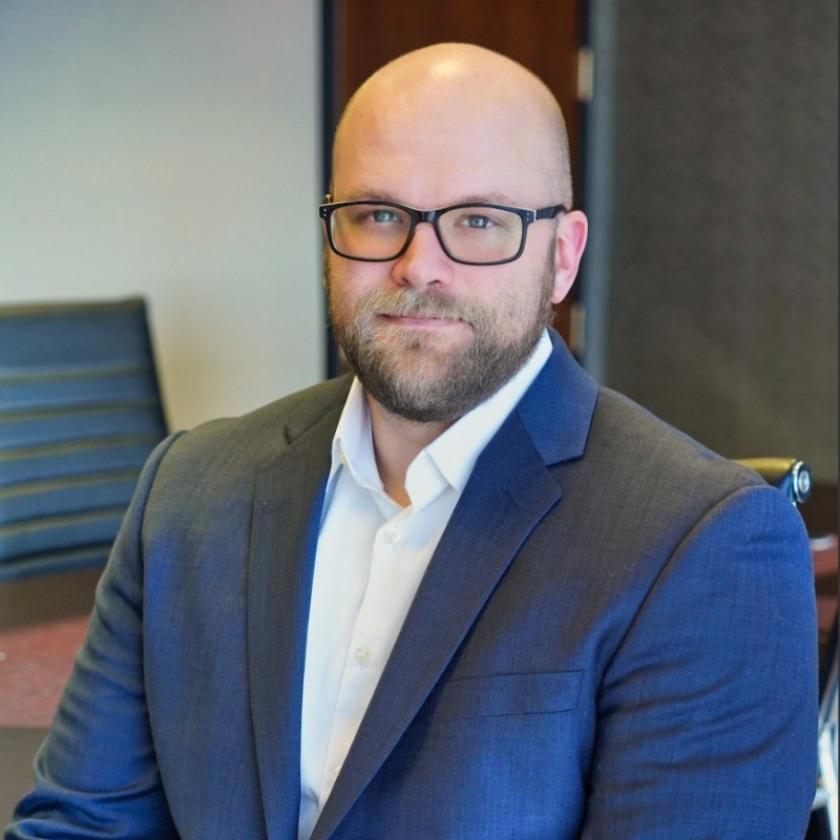
Richard Byington wanted to pursue a master's degree in Russian, East European, and Eurasian Studies (REEES) at the University of Illinois, but after learning that he could earn an MSLIS at the same time, he decided to enroll in the dual degree program.
"It was researching the LIS program at Illinois that sold it for me," Byington said. "The program is ranked the best in the nation, and the faculty are amazing. There were so many reasons to earn an MSLIS that I just had to consider it."
Originally from Byron Center, a small town south of Grand Rapids, Michigan, Byington earned a BA in world history from Ferris State University and an MA in comparative history of the circumpolar world from the Northern Arctic Federal University in Arkhangelsk, Russia.
"My research has focused on the 1905 Russian revolution and how it affected the Russian imperial interpretation of alterity, or 'otherness,' of Finno-Ugric Indigenous Peoples in the Russian North," he said. "In the past, my research focused on reconstructing the indigenous pagan worldview of the Komi people and understanding the influence that Christianization had on their social and cultural world."
Growing up, Byington spent a lot of time in the public library, where his mother worked. It was there that he learned "how amazing librarians are" and how much they help young students. Now, Byington is using the skills he is learning through his MSLIS studies in his work as a research assistant at the Russian, East European, and Eurasian Center.
The dual degree program is a three-year program, but Byington is taking a heavy course load each semester to complete both master's degrees in two years. In his limited free time, he enjoys playing a tabletop wargame called Warhammer 40,000. He plays in competitions and spends a lot of time learning about the lore of the game and painting wargame miniatures as a creative outlet.
After he finishes his MSLIS and MA in REEES, Byington will begin his PhD program in history at the University of Illinois and pursue his dream of becoming a professor. He is also interested in working as an academic librarian and "helping scholars do the best research they can."
"It is a great program, and I really think that it is beneficial for students to consider it as a path forward in their careers," Byington said of the dual degree program, which is hosted by the iSchool and the Russian, East European, and Eurasian Center. "I have enjoyed my time in the program and am really grateful for the opportunity!"